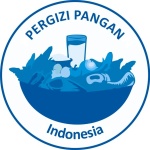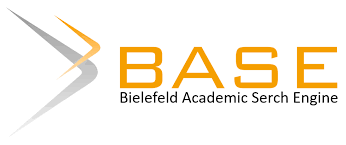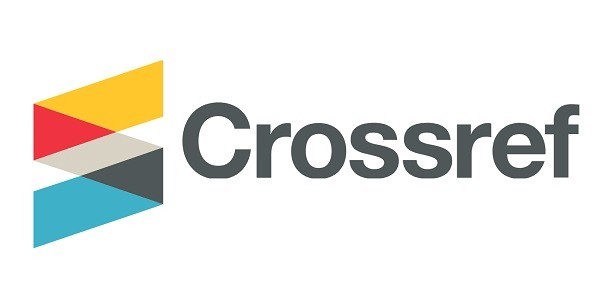Sustainability Assessment of Creating Shared Value in Social Forestry Enterprises: An SROI and SDGs Perspective from KUPS Kopi Ringkeh
Abstract
This study evaluates the sustainability impact of the Creating Shared Value (CSV) program implemented by PT Pupuk Sriwidjaja in Tebat Benawa Village, South Sumatra, focusing on social, economic, and environmental dimensions. The research targets the Kopi Ringkeh Social Forestry Business Group operating within the Mude Ayek Customary Forest, South Sumatra's first legally recognized customary forest. A mixed-methods approach was employed, combining survey-based Likert scale analysis with in-depth interviews. The census sampling covered all group members, enabling comprehensive data triangulation. Results demonstrate improvements in social cohesion, community participation, and knowledge capacity. Economically, income diversification and emerging employment opportunities signal local economic revitalization. Environmentally, increased awareness of sustainable practices is observed, though waste and water management require further intervention. The Social Return on Investment (SROI) analysis revealed a favorable ratio of 1.99, indicating that for every unit of investment, nearly twice the value was generated in social and environmental benefits. These findings align with several SDGs, notably Goals 1, 8, 12, 13 and 17. The study concludes that CSV programs, when integrated with local wisdom and inclusive partnerships, can serve as a scalable model for sustainable rural development and long-term resilience. Strategic policy replication is recommended for similarly profiled communities.
Keywords: Community-Based Economic Development, Creating Shared Value (CSV), Social Forestry, Social Retur non Investment (SROI), Sustainable Development Goals (SDGs)

This work is licensed under a Creative Commons Attribution 4.0 International License.






